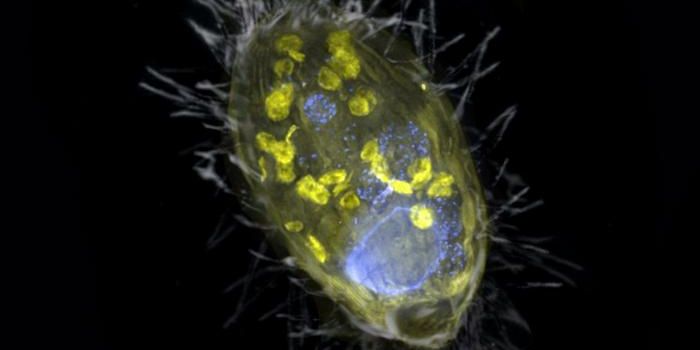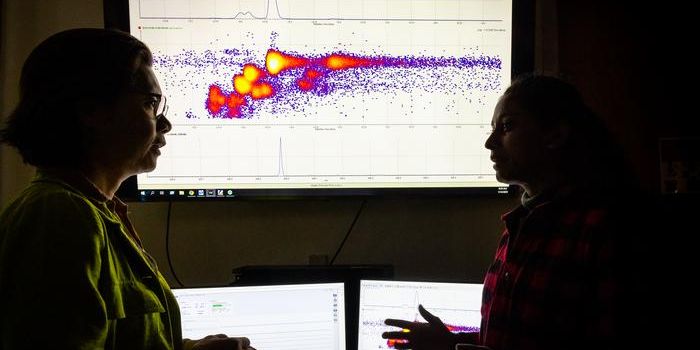Newly Discovered Cell Type Predicts Arthritis Flares
Arthritis can be a very unpredictable disease, causing challenges for those that have it by suddenly flaring up and making typically simple tasks much harder. The seemingly random nature of these attacks can add stress to the pain of the disease. Researchers have now found that there may be a way to predict these flares, relieving some of the disruptions the illness can have on a person's quality of life. The work may also help scientists understand the mechanisms that underlie arthritis, and how to correct them. The findings have been reported in the New England Journal of Medicine.
"If we can reliably identify these new cells in patients, we may be able to tell them 'You're about to have a flare,' so they can prepare themselves," said the study leader Robert B. Darnell, M.D., Ph.D., the Robert and Harriet Heilbrunn Professor, senior attending physician, and Howard Hughes Medical Institute Investigator at Rockefeller University. "This would make flares less disruptive and easier to manage."
In this work, the scientists investigated how gene expression changes around the time a flare happens. They created a finger-prick kit so that patients could be tracked very carefully, and they could be spared the trouble of visiting a clinic every week. Patients mailed their samples to the researchers once a week for four years, while noting when they had flares. The researchers were then able to retrospectively focus on the samples that were taken in the weeks that led up to flares.
The gene activity data revealed that immune cells called B cells tended to ramp up their activity about two weeks before a flare started, which was unsurprising; B cells generate antibodies, and antibodies against the self are a feature of autoimmune diseases.
However in the days just before a flare, a cell type that was previously unknown to researchers began to spike. It seems that normally, there are low levels of these cells, called PRIME cells, in the blood. These cells are unlike other cells that are found widely throughout the blood; they appear to be similar to cells found in the tissues that line joints called synovial fibroblasts, which are known to be involved in arthritis symptoms.
"We were so surprised to see that the genes expressed right before a flare are normally active in the bone, muscle, and extracellular matrix - strange pathways to find in blood cells," said study co-author Dana Orange, Assistant Professor of Clinical Investigation. "That really piqued our interest."
Scientists are now trying to learn more about PRIME cells and how they can be rapidly detected. This may lead to a method for diagnosing the onset of a flare and potentially reducing its impact. If they are causing arthritic attacks, stopping them could be a novel way to treat the disease.
"For doctors and patients, intervention before a flare-up is always better than just treating symptoms," said Darnell. "If these cells are the antecedents to joint sickness, they become a potential target for new drugs."
Sources: AAAS/Eurekalert! via Rockefeller University, New England Journal of Medicine









